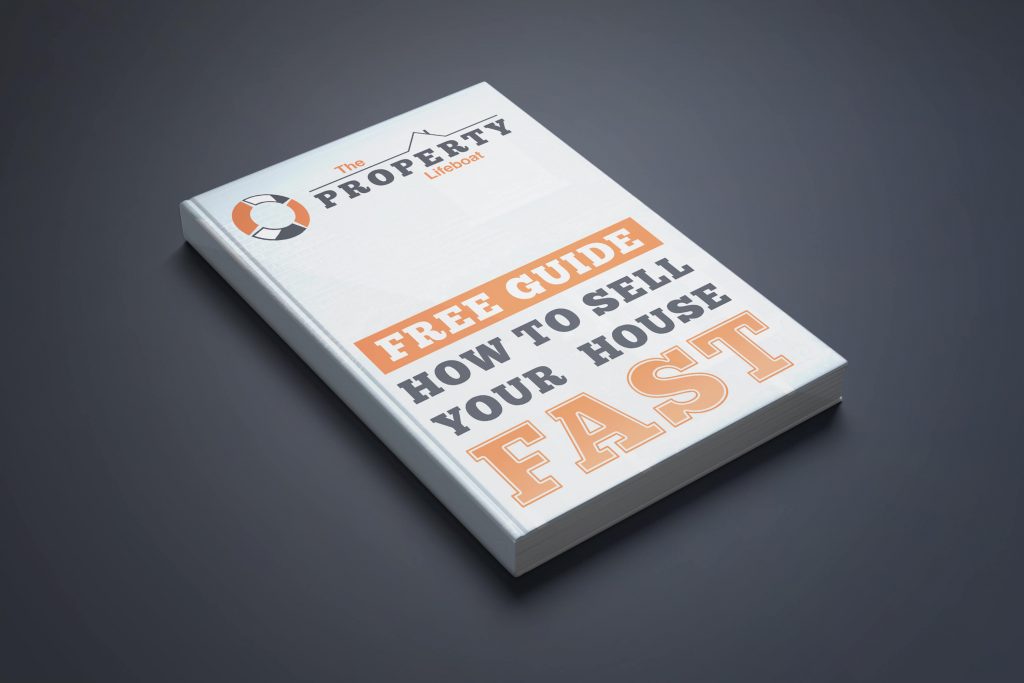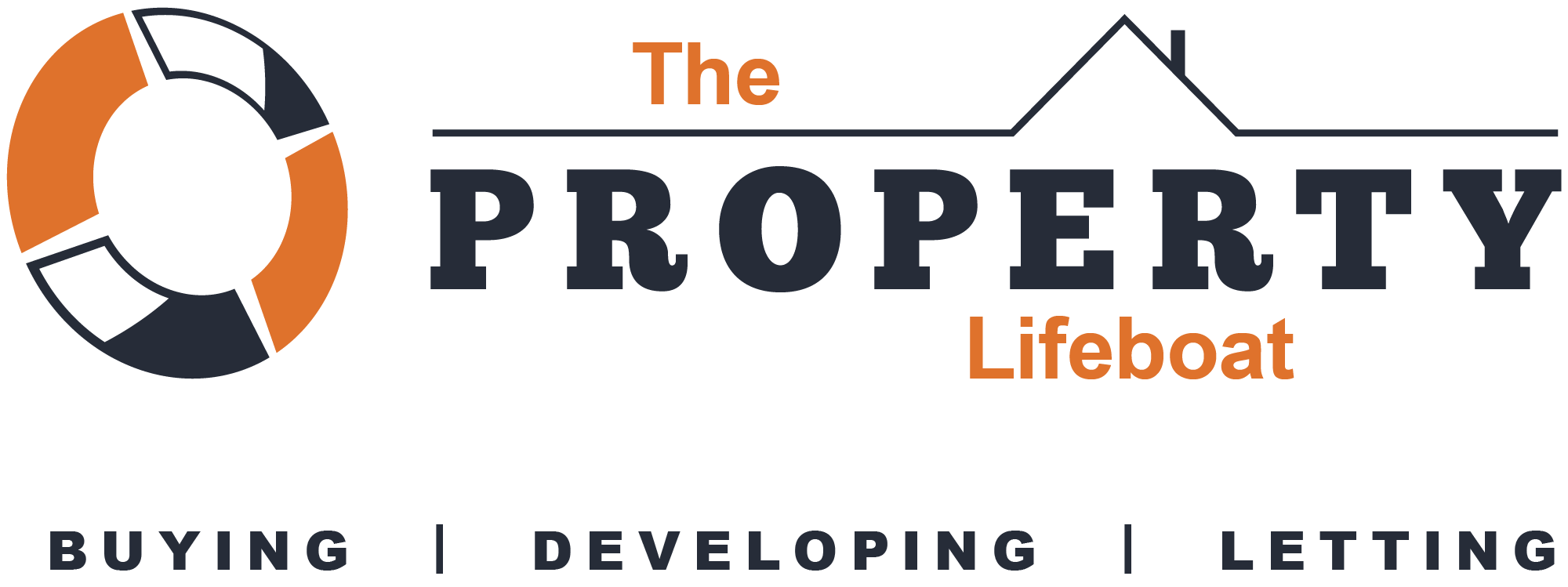
What is negative equity and does it apply to me?
A property is said to be in ‘negative equity’ if it’s open market value is lower than the debt secured on it. It is normally caused by sharply falling property prices. It is a less common occurrence in recent years due to the sustained house price rises we have had in most of the country since 2012, however there are still some properties that are in negative equity, particularly in areas of the country where house prices have been stagnant.
It’s estimated that there are around half a million properties in negative equity in the UK, although some areas are affected far more than others. It’s a particular problem in parts of the north and Northern Ireland, where up to two out of every five properties in negative equity.
If you have an interest-only mortgage you are more at risk of negative equity than if you have a repayment mortgage. This is because your monthly payments only go towards paying the interest and don’t go towards reducing the amount of debt.
For example, if you had bought a property for £175,000, with a mortgage for £131,250 (75% loan to value) and the property dropped in value to £125,000, you would be in negative equity.
Many people do not know whether or not they are in negative equity. It is worthwhile contacting your lender or referring to your most recent mortgage statement to see how much you owe. Next, ask a local estate agent to value your home. Alternatively you may be able to get a good idea of it’s value by referring to sold house prices of similar properties on your street using a portal such as Rightmove. If the value of the property is below what you owe, then you are in negative equity.
The consequences of negative equity.
Generally negative equity only becomes an immediate problem if you want to sell your home. Unless you have savings that you can use to repay the difference between the value of your home and the mortgage, you might find it difficult to move.
It can also be difficult if you want to re-mortgage your home; perhaps to a fixed rate or a cheaper deal. In addition most lenders will not let people with negative equity switch to a new mortgage deal when their existing one ends and will instead be normally moved onto the lender’s standard variable rate. This can make your mortgage borrowing much more expensive month to month. There are several good online mortgage calculator tools you can use to see how these changes could effect your monthly mortgage payment.
Can I move house if I am in negative equity?
How easy it is to move house will depend on several factors, such as:
- The cost of the property you want to move to.
- How much negative equity you have.
- If your mortgage payments re up to date.
- How much of a deposit you are willing to put down for your new property.
The first step is to talk to your lender and find out what help they can give you. A very small number of lenders offer a ‘negative equity mortgage’ which will let you transfer your negative equity to your new property. You will however still be expected to pay a deposit.
An alternative step is to speak to an independent mortgage broker to see what your options are.
Reducing your negative equity.
The most obvious step if you are in negative equity is to take steps to reduce it if at all possible. Before doing this, you may want to take a detailed look at your personal finances to see if it is possible to save money; maybe by going out less or switching to cheaper food options.
Check whether your existing mortgage lender will let you make overpayments and, if so, how much you can overpay without incurring an early repayment charge. Most lenders allow you to make payments up to 10% of the mortgage balance each year without incurring a charge.
Next, work out how much extra you can afford to pay every month or as a one-off. Look online for a mortgage overpayment calculator. This will tell you how much difference your extra payments could make. Several mortgage brokers and lenders have these tools.
Renting out your home.
Another option might be to rent out your home if your lender will agree to this. You could then move in with friends or family or move to a cheaper property. This would mean you keep the existing mortgage, although you will probably have to pay a higher interest rate. Don’t forget that you will also need to tell your insurer if you are renting out your property. You can approach a local lettings agency to help you work out what the rental value of your property could be.
We can help with many of the situations above so please do not hesitate to get in touch if you have any questions. For further reading on how we can help you if you have little or no equity in your property please also see our website.
FREE, No Obligation, 'Sell Your House Fast' Guide

We have created a free guide to help you sell your property as fast as possible, The guide has the top 10 tips that we use in every property sale and will assist in getting you a sale as quickly as possible. The guide is completely FREE and you can claim your free guide by clicking here.

